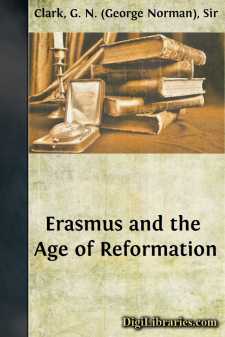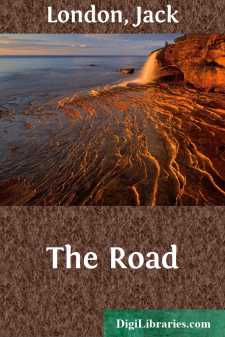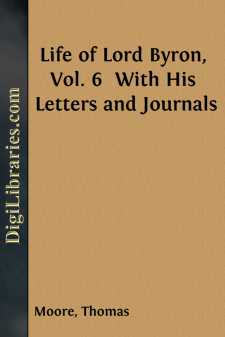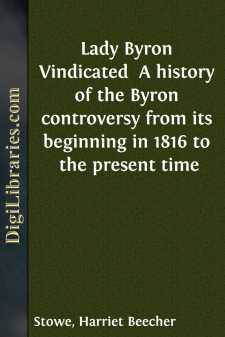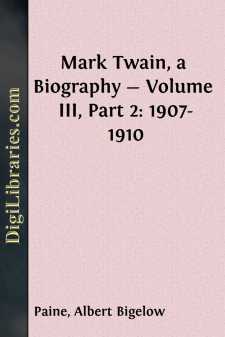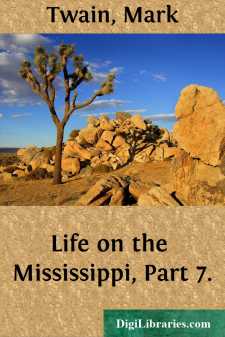Biography & Autobiography
- Adventurers & Explorers 15
- Artists, Architects, Photographers 16
- Business 2
- Composers & Musicians 14
- Criminals & Outlaws 5
- Editors, Journalists, Publishers 6
- Educators 1
- Entertainment & Performing Arts 3
- General 73
- Health, Exercise & Fitness 1
- Historians 3
- Historical 83
- Law Enforcement 1
- Lawyers & Judges 3
- Literary
- Medical 7
- Military 48
- Naturalists, Gardeners, Environmentalists 8
- Personal Memoirs & Diaries 226
- Philosophers 3
- Political 9
- Presidents & Heads of State 38
- Religious 38
- Rich & Famous 27
- Scientists 13
- Women 31
Literary Books
Sort by:
by:
Helen C. Black
It is well worth encountering the perils of the sea, even in the middle of winter, and in the teeth of a north-east wind, if only to experience the absolute comfort and ease with which, in these space-annihilating days, the once-dreaded journey from England to the Emerald Isle can be made. You have resolved to accept a hospitable invitation from Mrs. Hungerford, the well-known author of Molly Bawn,...
more...
PREFACE by G.N. Clark, Provost of Oriel College, Oxford Rather more than twenty years ago, on a spring morning of alternate cloud and sunshine, I acted as guide to Johan Huizinga, the author of this book, when he was on a visit to Oxford. As it was not his first stay in the city, and he knew the principal buildings already, we looked at some of the less famous. Even with a man who was well known all...
more...
by:
Jack London
Confession There is a woman in the state of Nevada to whom I once lied continuously, consistently, and shamelessly, for the matter of a couple of hours. I don't want to apologize to her. Far be it from me. But I do want to explain. Unfortunately, I do not know her name, much less her present address. If her eyes should chance upon these lines, I hope she will write to me. It was in Reno, Nevada,...
more...
Harriet Beecher (Stowe) was born June 14, 1811, in the characteristic New England town of Litchfield, Conn. Her father was the Rev. Dr. Lyman Beecher, a distinguished Calvinistic divine, her mother Roxanna Foote, his first wife. The little new-comer was ushered into a household of happy, healthy children, and found five brothers and sisters awaiting her. The eldest was Catherine, born September 6,...
more...
CHAPTER I INTRODUCTION This book is intended to deal with substance rather than with form. But, in estimating the work of a teacher who taught exclusively with the pen, it would be perverse to disregard entirely the qualities of the writing which so penetrated and coloured the intellectual life of the Victorian age. Some cursory estimate of Arnold's powers in prose and verse must therefore be...
more...
by:
Thomas Moore
LETTER 508. TO MR. MOORE. "Genoa, February 20. 1823. "My Dear Tom, "I must again refer you to those two letters addressed to you at Passy before I read your speech in Galignani, &c., and which you do not seem to have received.[1] [Footnote 1: I was never lucky enough to recover these two letters, though frequent enquiries were made about them at the French post-office.] "Of Hunt...
more...
PART I. CHAPTER I. INTRODUCTION. The interval since my publication of ‘The True Story of Lady Byron’s Life’ has been one of stormy discussion and of much invective. I have not thought it necessary to disturb my spirit and confuse my sense of right by even an attempt at reading the many abusive articles that both here and in England have followed that disclosure. Friends have undertaken the...
more...
by:
Various
He was almost too good to be true. In addition, the gods loved him, and so he had to die young. Some people think that a man of fifty-two is middle-aged. But if R. H. D. had lived to be a hundred, he would never have grown old. It is not generally known that the name of his other brother was Peter Pan. Within the year we have played at pirates together, at the taking of sperm whales; and we have...
more...
HONORS FROM OXFORD Clemens made a brief trip to Bermuda during the winter, taking Twichell along; their first return to the island since the trip when they had promised to come back so soon-nearly thirty years before. They had been comparatively young men then. They were old now, but they found the green island as fresh and full of bloom as ever. They did not find their old landlady; they could not...
more...
by:
Mark Twain
Chapter 31 A Thumb-print and What Came of It WE were approaching Napoleon, Arkansas. So I began to think about my errand there. Time, noonday; and bright and sunny. This was bad—not best, anyway; for mine was not (preferably) a noonday kind of errand. The more I thought, the more that fact pushed itself upon me—now in one form, now in another. Finally, it took the form of a distinct question: is it...
more...



